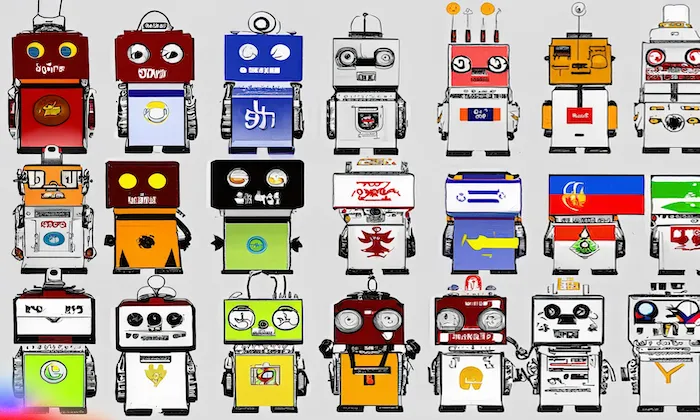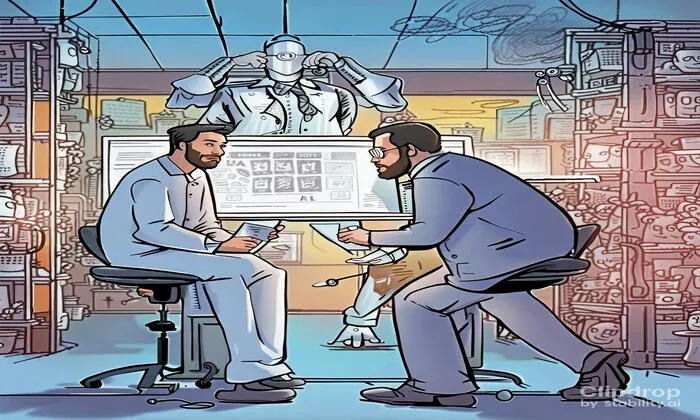What are the legal risks of using public datasets for voice cloning?
Voice Cloning
Legal Risks
Speech AI
Voice cloning technology has made significant strides in recent years, enabling the creation of highly realistic and expressive synthetic voices. However, using public datasets for voice cloning carries several legal risks that companies must consider to ensure compliance with laws and ethical guidelines.
The Importance of Consent and Licensing
A primary legal risk in using public datasets for voice cloning is the lack of explicit consent from the individuals whose voices are included. Without informed consent, using someone's voice for cloning can lead to privacy violations and legal disputes. This is particularly critical when the voice data is used for commercial purposes or in contexts that the original speaker did not anticipate.
FutureBeeAI's Approach: At FutureBeeAI, we prioritize ethical speech data collection by ensuring all voice contributors provide explicit, informed consent for the potential use of their voices in cloning applications. Our datasets are built on a foundation of transparency and compliance, aligning with GDPR and other relevant legal frameworks.
Copyright and Intellectual Property Concerns
Another concern is the potential infringement of intellectual property rights. Public datasets may contain voices that are copyrighted or otherwise protected, making unauthorized cloning a legal risk. This is especially pertinent if the voice is used in a way that could be considered as impersonation or unauthorized representation.
FutureBeeAI's Safeguards: We avoid using public or unauthorized voice data. Instead, we work directly with contracted speakers who undergo identity verification and consent to data use, ensuring that all voice data is legally obtained and ethically sourced.
Ethical and Reputational Risks
Using public datasets without clear ethical guidelines can lead to reputational damage, especially if the voices are used in controversial or unauthorized contexts. This can harm a company's public image and erode trust with users and stakeholders.
FutureBeeAI's Commitment: We are committed to ethical voice data usage, never engaging in projects involving impersonation of public figures or for deceptive purposes. Our role is to provide high-quality, ethically sourced data that supports positive applications of voice technology.
Best Practices for Ethical Voice Cloning
- Obtain Explicit Consent: Always secure clear consent from speakers for the use of their voices in cloning projects.
- Use Licensed Data: Ensure datasets are fully licensed and comply with legal requirements.
- Prioritize Speaker Rights: Respect the rights of speakers by allowing data use revocation in non-exclusive contracts.
- Stay Informed: Keep abreast of evolving laws and guidelines regarding voice data usage to remain compliant.
By addressing these legal and ethical considerations, companies can harness the power of voice cloning technology while safeguarding against potential risks. For organizations seeking compliant and ethical voice data solutions, FutureBeeAI offers a trusted partnership with robust data infrastructure.
FAQs
Q. Can FutureBeeAI provide datasets for any voice cloning application?
A. FutureBeeAI supports ethical applications such as virtual assistants, multilingual text-to-speech datasets, and accessibility solutions. We do not engage in projects involving impersonation or unauthorized applications.
Q. How does FutureBeeAI ensure the quality and compliance of its datasets?
A. We conduct rigorous quality assurance through manual inspections and use industry-grade tools to ensure our datasets are free from defects. All data is collected with full consent and aligned with GDPR standards.
What Else Do People Ask?
Related AI Articles
Browse Matching Datasets
Acquiring high-quality AI datasets has never been easier!!!
Get in touch with our AI data expert now!








